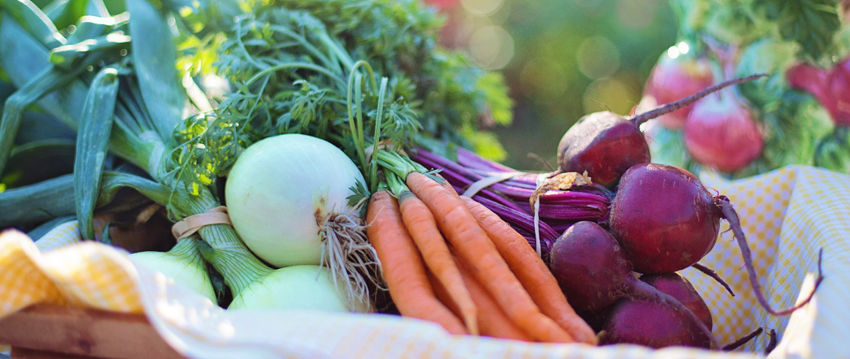![]() 100% Vegan
100% Vegan
![]() Established in 1993
Established in 1993
![]() Delivery Worldwide
Delivery Worldwide
![]() Peta Approved Vegan
Peta Approved Vegan
Recent Posts
- Buckland Boots being put to the test
- 30 Years
- Here’s a welcome headline on the BBC Sports pages;
- Helping Tibetan refugees build a bright future
- Helping Foxes in the South East of England
- The latest news from ethicalWARES
- Street Dog Care - £400 payment made
- OurLizzy
- ethicalWARES' Guide To Recycling & Upcycling
- Vegan design: 4 tips for transitioning to cruelty-free furniture in your home
Vegan Gardening

Veganism is on the rise in the UK, but have your heard of vegan gardening? Nicky Roeber, Online Horticultural Expert at Wyevale Garden Centres, is here to explain more.
The vegan lifestyle is a growing movement, and it shows no signs of slowing down. But it's not just about avoiding the consumption of animal products, it's also about keeping animal wellbeing in mind in everything you do. An example of this is vegan gardening, which avoids not only the use of toxic sprays and chemicals, but also manures and animal remains.
Instead of some of the typical products you might use in gardening, vegan gardening involves growing plants using plant-based compost, green manures, crop rotation, mulching, and sustainable pest control through the use of companion planting. This article offers a brief introduction to vegan gardening, so you can start incorporating some of these ideas into the way you operate.
Plant-based compost
Composting is a practice that is often championed by avid gardeners, and it's a great way to condition your soil without using products that harm animals. If you want good growth, you want good soil, and using organic compost is a great way to add nutrients back into the soil between growing seasons. Composting is essentially a form of recycling: taking organic waste and allowing it to decompose to help feed other plants.
Compost can come from a range of sources, including lawnmower waste, plant scraps, leaves, leftover food, as well as cardboard and paper. You'll typically want a 50/50 mix between greens and browns. For more information on composting, read our guide to composting. You can pick up a compost bin fairly cheaply and begin the process right now. You can generally leave the bin alone, but it's wise to turn it at least every month or so as air helps the composting process.
Natural fertiliser
You can also increase the nutrients in your soil by making green manure. To do this, you need a plant that grows quickly and is nitrogen-fixing, meaning it takes nitrogen out of the air and turns it into ammonia. Examples of this are clover, sweet peas and lupins. Nitrogen is important for quick growth and also increases seed and fruit production. If you plant these crops between seasons, you will bring nitrogen back into the soil ready for the next set of crops.
If you don’t have time for this, you can simply buy vegan fertiliser. There are many on the market that are used for different purposes, but you'll want to look out for the N-P-K symbols, which tell you how much nitrogen, phosphorous, and potassium is in the fertiliser. These nutrients are macro-nutrients, which are required for plant growth. Nitrogen is important for leaf development, phosphorous is important for bulb and flower development, and potassium is necessary for overall plant health and disease resistance.
Keeping pests away
Ensuring that pests don't destroy your plants without harming them is a key part of vegan gardening. As you can't use pesticides, you'll need to get a little more creative. Crop rotation — planting different crops in different seasons — can help to control pests, as a change of crop makes it harder for them to propagate. Keeping your vegetable patch nice and tidy will make it harder for animals like slugs to hide, and they'll be easier to keep on top of. You might also consider using copper tape, bran, and sharp stones to deter them.
You can plant a few trap crops that are used specifically to attract pests away from your main crops. What you choose will depend on which pests you are trying to trap, and this largely comes down to a lot of trial and error. What quantity you need will also depend on the specific pest you're trying to control. Most gardeners using this technique tend to make sure about that trap crops make up around 20% of their overall crop. For a list of which plants can help each other, find out more on Wikipedia.
Get rid of the animal
products, scrap the pesticides, and incorporate some of these vegan gardening
tips into your repertoire. Follow this guide and you'll be able to grow
everything in a cruelty-free way.
See our range of Vegan, UK made Gardening Pouches here
And food wall charts here

